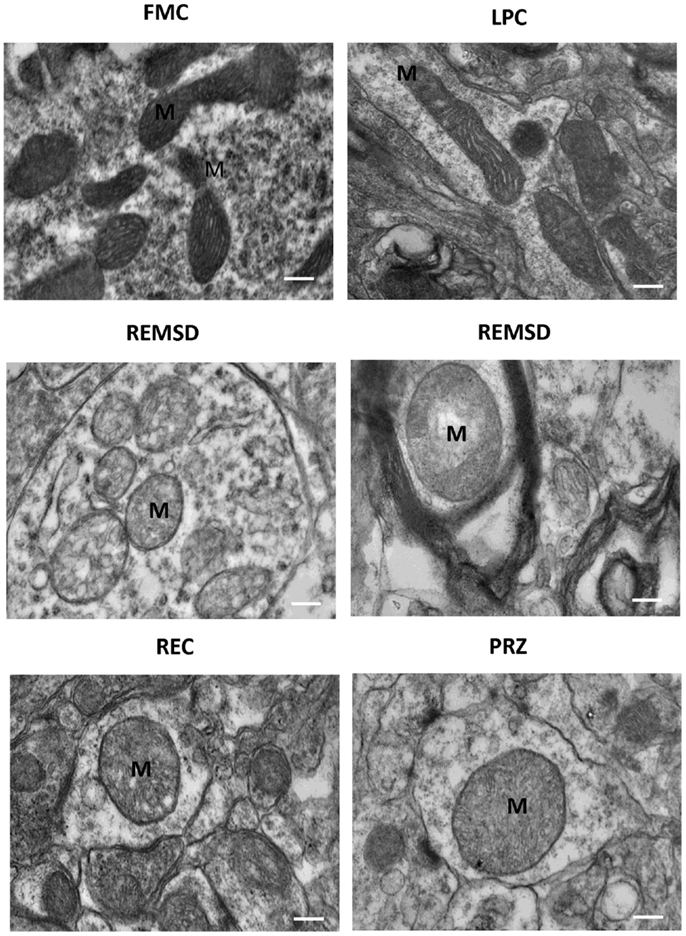Mitochondrial Activity Signals Sleep Regulation in Fruit Flies

Recent research published in the journal *Nature* reveals that mitochondria play a crucial role in regulating sleep in fruit flies, suggesting a biological mechanism behind sleep necessity. The study, led by Professor Gero Miesenböck of the University of Oxford, highlights how mitochondrial activity influences sleep onset through the release of electrons, which acts as a signal for sleep initiation.
Mitochondria, often referred to as the powerhouses of the cell, are organelles responsible for producing adenosine triphosphate (ATP), the energy currency of cells. According to the study, these organelles not only provide energy but also have a significant impact on the sleep-wake cycle. When fruit flies were subjected to prolonged wakefulness, their mitochondrial function became compromised, leading to an increase in reactive oxygen species (ROS). This electron leakage from overcharged mitochondria appears to activate specialized neurons that trigger sleep, acting as a protective mechanism against cellular damage.
Professor Miesenböck stated, "We set out to understand what sleep is for, and why we feel the need to sleep at all. Our findings show that the answer may lie in the very process that fuels our bodies: aerobic metabolism." This discovery is pivotal as it provides experimental support for the long-standing hypothesis that sleep serves to maintain cellular health.
The implications of this research extend beyond fruit flies; it could inform our understanding of sleep disorders in humans. Dr. Sarah Johnson, a neuroscientist at Stanford University, noted that if similar mechanisms are present in humans, it may lead to new approaches in addressing sleep-related issues. "Understanding the cellular basis of sleep regulation could open doors to innovative treatments for insomnia and other sleep disorders," she explained.
Moreover, the study contributes to the broader scientific discussion about the evolutionary significance of sleep. Numerous theories regarding the purpose of sleep exist, yet definitive evidence has remained elusive until now. The correlation between sleep deprivation and lifespan reduction in various species, including humans, underscores the need for further exploration of this phenomenon.
As sleep science evolves, this research adds a vital piece to the puzzle of why sleep is essential for not just energy restoration but also for cellular repair. Future studies will be necessary to explore how these findings relate to human physiology and the potential for mitochondrial dysfunction to impact sleep health on a broader scale.
In summary, the link between mitochondrial activity and sleep regulation presents a significant advancement in our understanding of biological processes governing sleep. As scientists continue to unravel the complexities of sleep, this research opens up new avenues for addressing sleep health and its associated disorders.
Advertisement
Tags
Advertisement





